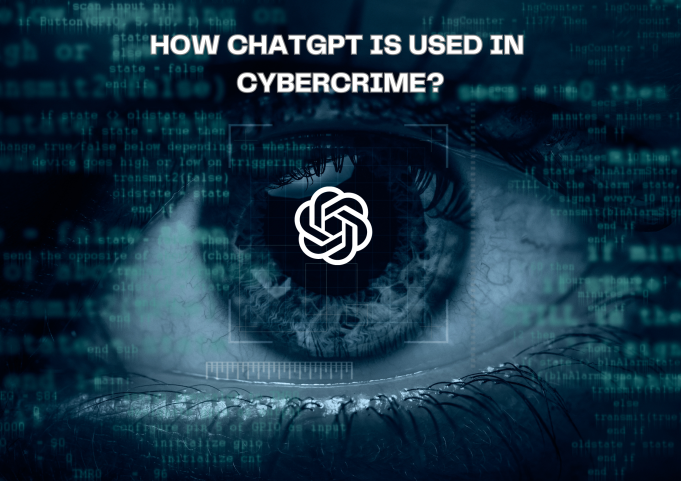ChatGPT is a new type of scam that is making it easier for scammers to deceive consumers. According to the Better Business Bureau’s president and CEO, Jason Bartholomy, ChatGPT scams involve phishing and impersonation, such as scammers posing as Amazon and sending emails notifying customers that accounts have been deactivated and requesting personal information. He warns that it is becoming more difficult for consumers to discern what is legitimate and what is fake. To protect against ChatGPT scams, Bartholomy advises consumers to be wary of emails or texts with poor grammar, misspellings, or strange sentence structure.
Chatbots have been used for years to provide customer service assistance to businesses. ChatGPT, a new advanced conversational model, has made it harder for consumers to detect red flags. ChatGPT is different from traditional chatbots as it can continue conversations based on questions asked and the database it pulls information from. This technology has been around longer than ChatGPT and is used to simulate live conversations with customers. ChatGPT is a powerful tool for businesses to provide customer service and improve customer experience.”
Online consumers should be aware of potential scams and take steps to protect themselves. The Better Business Bureau recommends verifying the identity of anyone you are chatting with, scrutinizing text for any red flags, using two-factor authentication for online accounts, using a password manager to generate and store strong passwords, and being careful when downloading files or clicking on links. By following these tips, you can help protect yourself from online scams and fraud.













